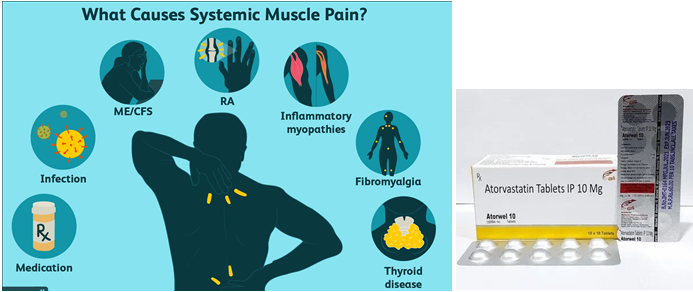Prior to administering oral doses of calcitriol and calcium carbonate to a client with hypoparathyroidism, the nurse notes that the total level of calcium is 14 mg/dL (3.5 mmol/L). Which action should the nurse implement?
Administer both prescribed medications as scheduled.
Hold the calcitriol but administer the calcium carbonate as scheduled.
Hold the calcium carbonate but administer the calcitriol as scheduled.
Hold both medications until contacting the healthcare provider.
The Correct Answer is D
A total calcium level of 14 mg/dL (3.5 mmol/L) is higher than the normal range of 2.2 to 2.6 millimoles per liter (mmol/L)1. Calcitriol and calcium carbonate are both medications used to increase calcium levels in the blood2. Since the client’s calcium level is already high, it would be important for the nurse to hold both medications and contact the healthcare provider for further instructions.

Nursing Test Bank
Naxlex Comprehensive Predictor Exams
Related Questions
Correct Answer is C
Explanation
Ipratropium is a medication used to treat chronic obstructive pulmonary disease (COPD)1. When using an ipratropium inhaler for the first time or if it has not been used for a while, it is important to prime the inhaler by spraying it into the air away from your face1. However, the inhaler only needs to be primed with 2 sprays, not 71. If the client primes the inhaler with 7 pumps, it indicates that additional teaching is needed.

Correct Answer is D
Explanation
Atorvastatin is a medication used to lower cholesterol levels in the blood. One of its side effects is muscle damage, which can result in an increase in serum creatine phosphokinase (CK) levels. Creatine phosphokinase is an enzyme found in muscles, and when muscles are damaged, CK is released into the bloodstream. Therefore, an increased serum CK level indicates muscle damage, and the nurse should assess the client for muscle tenderness or weakness, which are symptoms of this side effect. Nausea and vomiting, excessive bruising, and peripheral edema are not typically associated with atorvastatin use.

Whether you are a student looking to ace your exams or a practicing nurse seeking to enhance your expertise , our nursing education contents will empower you with the confidence and competence to make a difference in the lives of patients and become a respected leader in the healthcare field.
Visit Naxlex, invest in your future and unlock endless possibilities with our unparalleled nursing education contents today
Report Wrong Answer on the Current Question
Do you disagree with the answer? If yes, what is your expected answer? Explain.
Kindly be descriptive with the issue you are facing.
